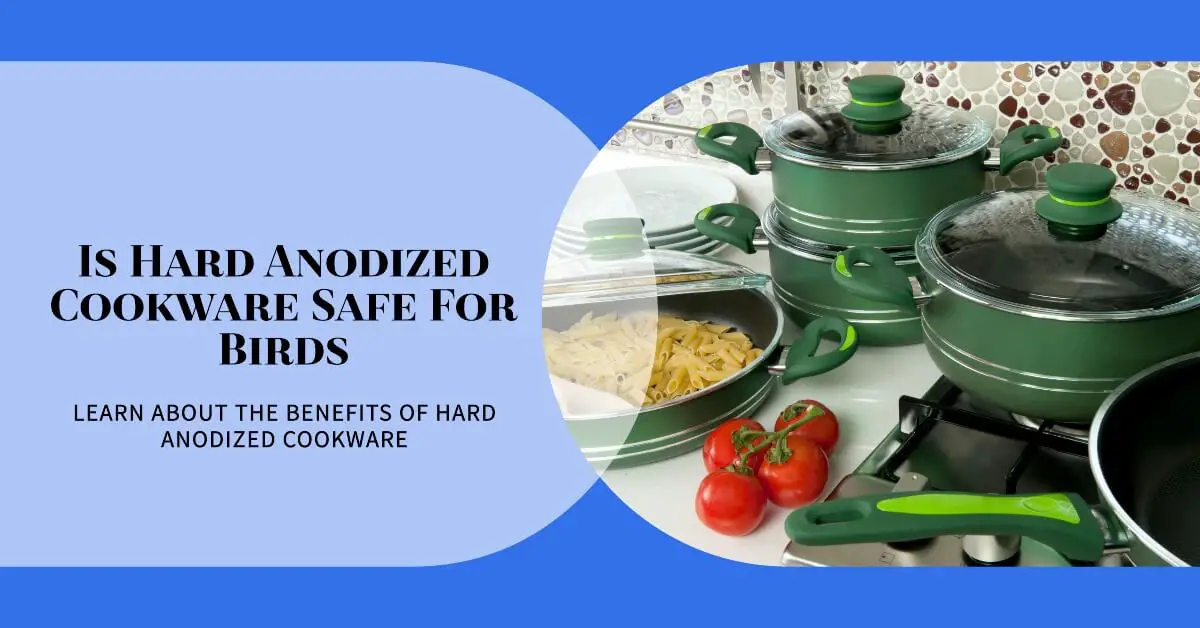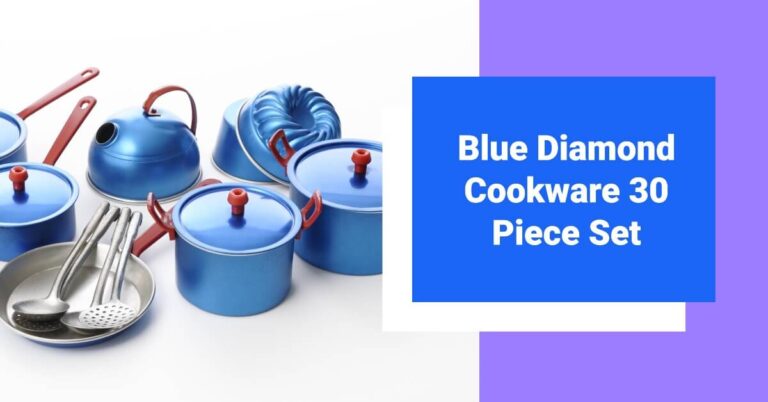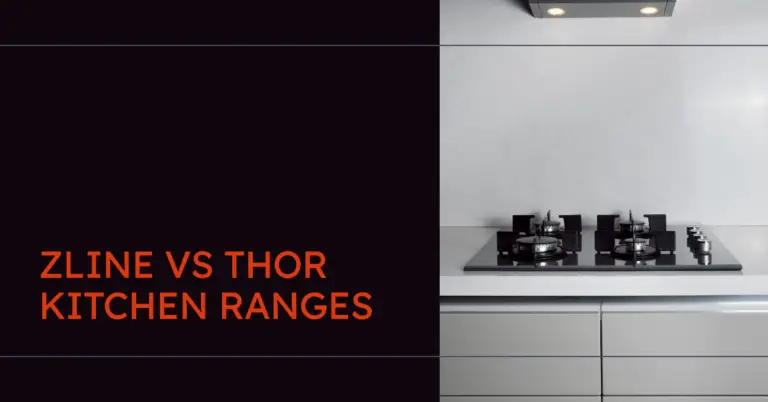Is Hard Anodized Cookware Safe For Birds?

Cooking delicious meals in your kitchen while your feathered friend looks on is one of life’s simple pleasures. However, if you’re a bird owner, you have to be careful what type of cookware you use. Some materials like Teflon are downright dangerous for birds.
So what about hard anodized cookware? This popular non-stick material is growing in popularity. But is it actually safe to use around birds?
The good news is that quality hard anodized cookware without PTFE coating is generally considered non-toxic and safe for birds. However, there are some important considerations to be aware of.
In this detailed guide, we’ll cover everything you need to know about using hard anodized cookware safely with birds:
- What hard anodized cookware is made of
- Dangers of PTFE for birds
- Tips for safely using around birds
- How it compares to stainless steel, cast iron, and other materials
Let’s dive in and settle the debate on this practical bird-approved cooking option!
What Is Hard Anodized Cookware?
Hard anodized cookware refers to pots and pans that are made from aluminum that has gone through a special electrochemical process.
This anodizing process hardens and strengthens the aluminum, making it much more durable than regular aluminum cookware. The resulting hard anodized aluminum is also corrosion resistant.
Most hard anodized cookware also has some type of non-stick coating applied on top of the anodized surface. This provides excellent non-stick properties for cooking everything from eggs to fish without food sticking.
Popular hard anodized brands include Calphalon, Anolon, Tramontina, and All-Clad. These professionally-used pans stand up well to heavy daily use without warping or reacting with foods.
Compared to regular aluminum pans, hard anodized cookware is significantly harder, more scratch resistant, and way more durable. It distributes heat evenly and efficiently, ideal for everyday cooking.
So now that we know what hard anodized pans are made of, the big question is…
Is Hard Anodized Cookware Toxic for Birds?
The hard anodized aluminum itself is completely safe and non-toxic for birds. However, some coatings applied to the pans may potentially pose a risk.
The safety of hard anodized cookware for birds comes down to the type of non-stick cooking surface used:
- PTFE-free ceramic coatings: These modern water-based ceramic coatings are considered non-toxic and safe for bird owners if used properly. They provide a slick cooking surface without dangerous chemicals.
- PTFE coatings like Teflon: PTFE-based non-stick coatings are highly toxic for birds, even fatal. These should be avoided at all costs.
To determine if your hard anodized cookware is safe for birds, check if it contains a PTFE-free ceramic coating made without PTFE or PFOA.
If so, you can safely use it with proper precautions which we’ll cover later. First, let’s understand why PTFE like Teflon is so dangerous for birds.
Why PTFE Cookware is Toxic for Birds?
PTFE or Teflon coated pans contain chemicals that, when overheated, break down into fumes that are highly toxic to birds.
These fumes can quickly kill birds since they have extremely sensitive respiratory systems. Even small amounts can cause fatal poisoning.
To understand why, we need to take a closer look at what’s in these PTFE-based non-stick coatings:
PFOA
PFOA or Perfluorooctanoic acid is used in the manufacturing process for PTFE coatings. At high temperatures PFOA decomposes into toxic fumes.
While PFOA is being phased out due to health concerns, any cookware with PTFE will likely contain trace amounts.
PTFE
Polytetrafluoroethylene (PTFE) is the chemical name for the key ingredient in Teflon coatings. When PTFE cookware is heated above 500°F, the coating breaks down and releases toxic fumes.
Birds who inhale these fumes are unable to excrete the PTFE chemicals from their body. The lungs and immune system become overloaded and the result is usually death.
Even if a bird survives the initial poisoning, the PTFE particles accumulated in the body will lead to ongoing respiratory and immune issues.
Clearly, cookware with PTFE or Teflon coatings have no place in homes with pet birds. It’s why PTFE-free ceramic coatings were developed as a safer alternative.
The Advantage of PTFE-Free Ceramic Coatings
Quality hard anodized pans use a PFOA-free ceramic based non-stick coating, not PTFE. This offers excellent non-stick cooking without toxic chemicals.
Ceramic coatings provide the convenience of a non-stick surface. But unlike PTFE, they do not contain toxic compounds that turn fatal when overheated.
The water-based process creates an inert coating that will not release chemical fumes, even at high temperatures. This makes ceramic cookware like GreenPan completely non-toxic and safe for households with birds.
So by choosing hard anodized cookware with PTFE-free ceramic instead of Teflon, bird owners can safely cook without worry using a high quality non-stick pan.
Now let’s go over some tips for safely using hard anodized cookware around birds.
Tips for Safely Using Hard Anodized Cookware with Birds
While quality hard anodized pans are non-toxic for birds, following these precautions will keep your feathered friends even safer:
1. Avoid Overheating Empty Pans
No matter what coating a pan uses, overheating an empty pan can potentially release fumes that may be harmful.
Avoid preheating an empty non-stick pan over high heat or putting an empty pan back on a hot burner. Fumes from any coating, even ceramic, may be risky if overheated without food.
2. Use Proper Utensils
Wooden, silicone or plastic utensils are ideal for non-stick pans. Metal utensils can scratch the coating, causing it to degrade quicker.
Scratches also make the pan surface less slick, requiring more oil or butter to prevent food from sticking. Deeper scratches can flake coating bits into food.
3. Season and Maintain Properly
It’s important to season a new ceramic coated pan and maintain it properly per the manufacturer’s instructions.
Proper use and care will maximize the non-stick performance and lifespan of the coating.
4. Cook at Low-to-Medium Heat
For most cooking, a medium or low-medium heat is ideal for non-stick pans. Very high heat is rarely needed.
Higher heats can degrade the coating faster. Low and gentle heat allows the pan and coating to work as designed.
5. Ensure Proper Ventilation
No matter what cookware you use, turn on your kitchen exhaust fan and open windows when possible while cooking.
Good air flow will keep any fumes from building up in the kitchen. This goes for when baking or broiling as well.
6. Consider Placing Bird in Different Room
Even with good ventilation, consider keeping birds in another room while cooking, just to be extra safe.
Fumes can travel, so removing them from the kitchen guarantees they won’t inhale anything potentially harmful.
Following these simple precautions provides an extra layer of safety when cooking with hard anodized pans around your feathered pals.
Now let’s see how hard anodized cookware compares to some other bird-safe materials…
How Hard Anodized Cookware Compares to Other Bird-Safe Materials?
Hard anodized certainly isn’t the only bird-safe cookware material available. Stainless steel, cast iron, copper and more are also options.
But each material has pros and cons when cooking with birds in mind:
Hard Anodized vs Stainless Steel Cookware
Stainless steel is another material that is non-toxic and 100% safe for birds. It’s a natural metal that doesn’t produce any fumes or react with foods.
However, the trade-off is stainless steel does not have natural non-stick properties. It requires extra oil or butter to keep food from sticking.
Of course, you can buy stainless steel cookware with a ceramic non-stick coating to get the best of both worlds.
In terms of heating, stainless steel tends to have hot spots rather than even heating. So you get more consistent cooking with hard anodized.
Overall, stainless steel is very durable, but hard anodized often outperforms it for convenient everyday cooking. The PTFE-free ceramic coating minimizes sticking without the toxicity risk for birds.
Hard Anodized vs Cast Iron Cookware
Traditional cast iron is another cooking material considered completely safe for birds. When properly seasoned, cast iron makes a natural non-stick surface.
However, cast iron pans are extremely heavy. All that weight makes maneuvering and handling cumbersome, especially when full of food. Hard anodized aluminum is much lighter.
Uncoated cast iron also requires extra maintenance like seasoning and drying to prevent rusting. With hard anodized, you can simply wash the pan with soap and water. Much easier.
So while cast iron is totally bird-approved, it lacks the convenience, non-stick advantage and lightweight practicality of hard anodized cookware.
Hard Anodized vs Copper Cookware
Pure copper cookware is perfectly safe for birds as it’s a natural metal that doesn’t release chemical fumes. However, the reactive surface can cause some foods to take on a metallic taste.
Many copper pans are also coated with materials like enamel that make them unsafe for birds. These types of coated copper cookware should be avoided.
In summary, while pure uncoated copper is technically safe, it’s not really optimal for cooking around birds. Hard anodized cookware provides better performance and convenience.
The Bottom Line: Quality Hard Anodized is Safe for Birds
When shopping for cookware to use around birds, the takeaway is to avoid any pans with PTFE or Teflon type coatings. These PTFE-based chemicals pose serious risks to birds when overheated.
Quality hard anodized aluminum cookware paired with a PTFE-free ceramic coating offers a high performance non-stick cooking experience without toxic fumes or chemicals.
By following some basic safety precautions like proper ventilation and heating, bird owners can safely use hard anodized pans to cook delicious meals for the whole family – no one with feathers excluded!
So rest assured knowing those beautiful hard anodized pots and pans are totally bird-approved. Now get cooking up some fun bird-safe recipes together. Bon appétit!


